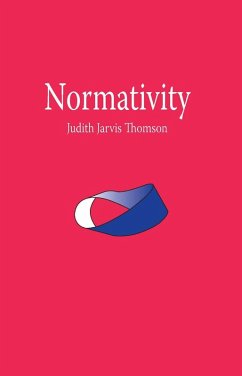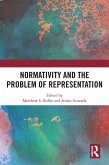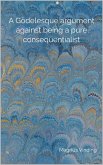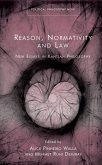Judith Jarvis Thomson's Normativity is a study of normative thought. She brings out that normative thought is not restricted to moral thought. Normative judgments divide into two sub-kinds, the evaluative and the directive; but the sub-kinds are larger than is commonly appreciated. Evaluative judgments include the judgments that such and such is a good umbrella, that Alfred is a witty comedian, and that Bert answered Carol's question correctly, as well as the judgment that David is a good human being. Directive judgments include the judgment that a toaster should toast evenly, that Edward ought to get a haircut, and that Frances must move her rook, as well as the judgment that George ought to be kind to his little brother. Thomson describes how judgments of these two sub-kinds interconnect and what makes them true when they are true. Given the extensiveness of the two sub-kinds of normative judgment, our everyday thinking is rich in normativity, and moreover, there is no gap between normative and factual thought. The widespread suspicion of the normative is therefore in large measure due to nothing deeper than an excessively narrow conception of what counts as a normative judgment.
Dieser Download kann aus rechtlichen Gründen nur mit Rechnungsadresse in A, D ausgeliefert werden.









